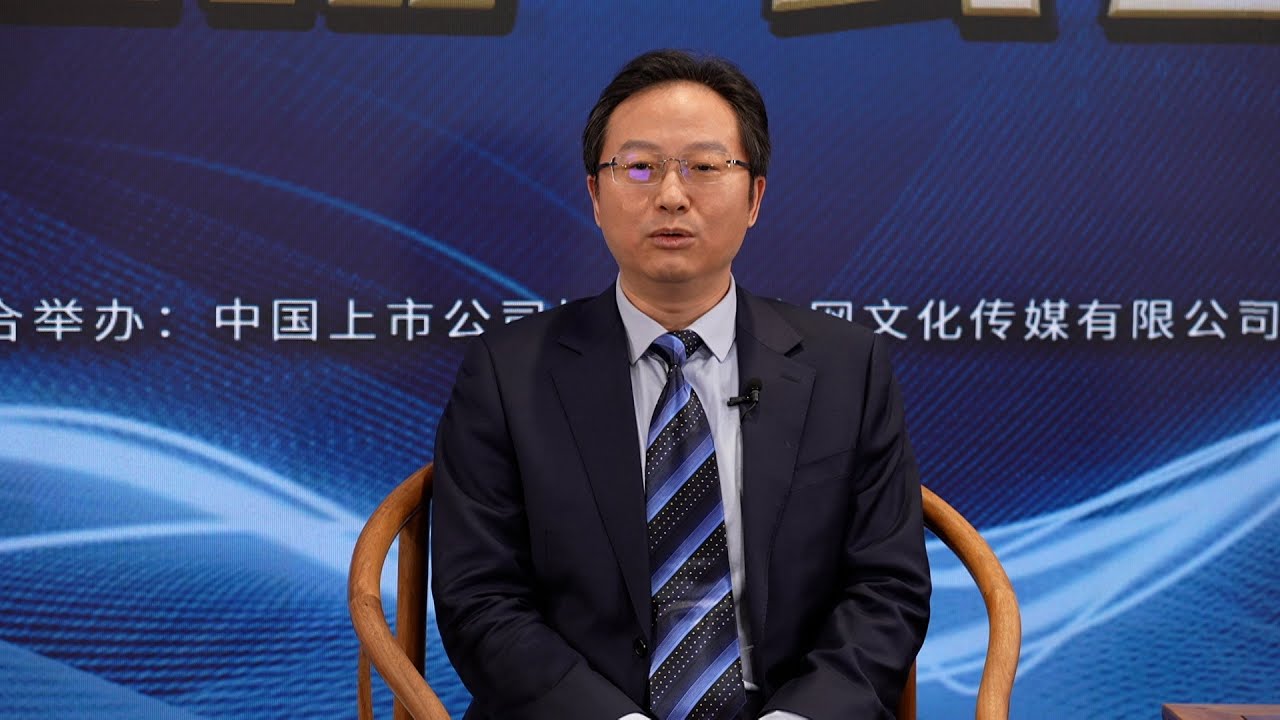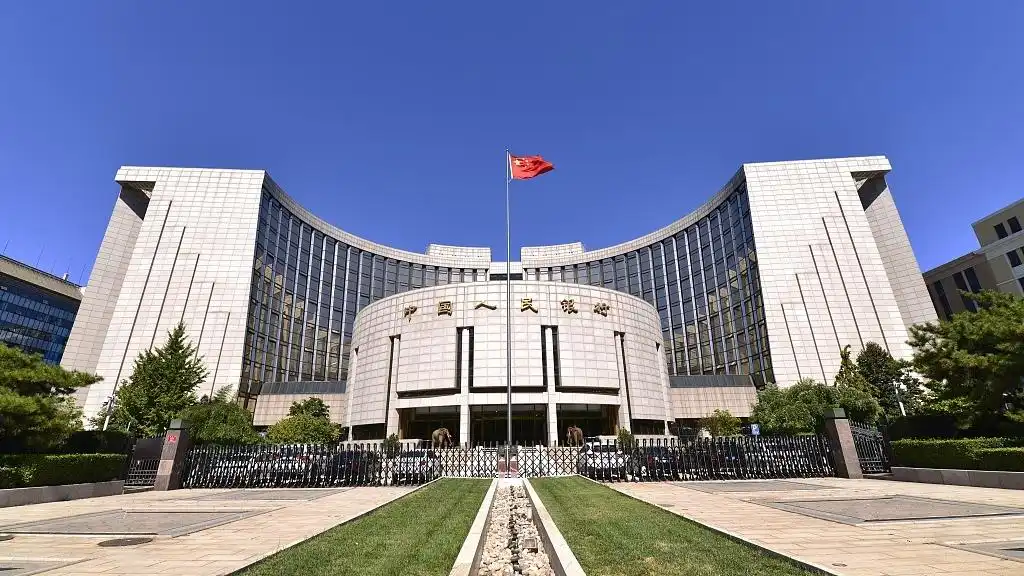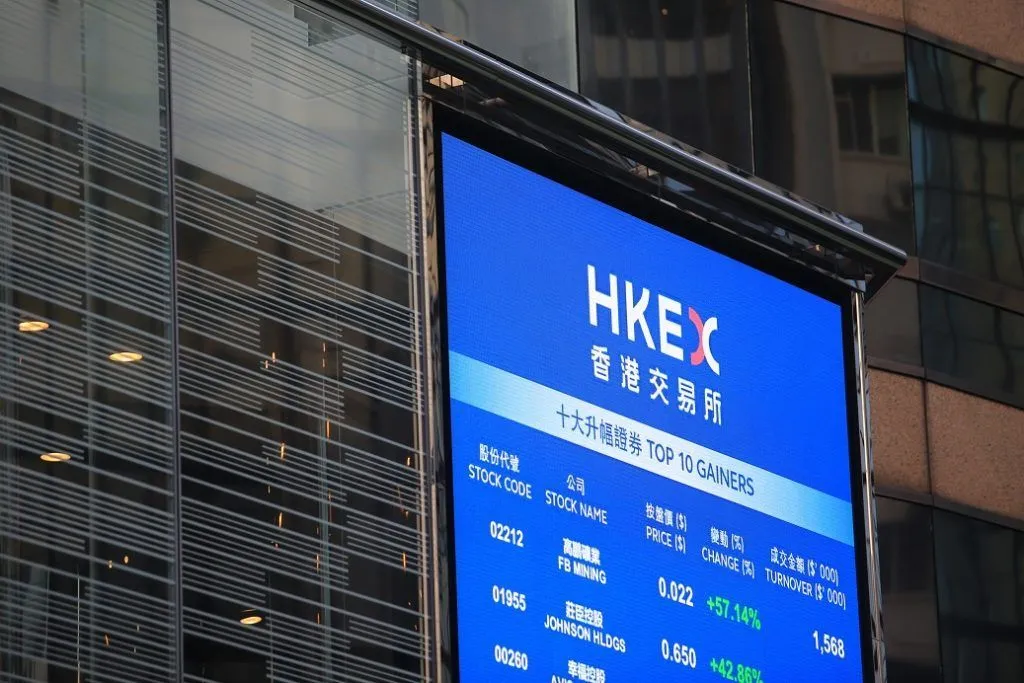A recent legal opinion from a Shanghai court has provided significant clarity on the status of cryptocurrencies under Chinese law, confirming that personal ownership of crypto assets is not illegal. This comes even as the country’s digital currency head is accused of bribery.
The ongoing cryptocurrency boom has been offering notable benefits to the iGaming sector by providing fast and cost-effective payment solutions. In this context, China’s position as one of the world’s largest players in the crypto market could be crucial for future developments.
In an article published this week on the Shanghai High People’s Court’s official WeChat account, Sun Jie, a judge at the Shanghai Songjiang People’s Court, addressed a lawsuit involving disputes between two companies over an initial coin offering (ICO), a form of fundraising that China deems illicit. Sun’s opinion affirms that, while business-related crypto activities remain prohibited—including cryptocurrency investment and token issuance, individuals can legally hold digital currencies such as Bitcoin.

The ruling provides crucial legal guidance to crypto holders in China, where the legal status of cryptocurrencies has been a subject of uncertainty due to stringent government policies.
Despite the clear legal framework banning commercial activities involving cryptocurrencies, such as trading and mining, the judge’s opinion highlights that cryptocurrencies, as virtual commodities, possess attributes of property and are therefore legal to own. However, Sun emphasized that such ownership does not extend to business operations that could jeopardize financial stability or facilitate illegal activity.
This legal opinion comes amid a renewed surge in Bitcoin prices, which recently surpassed $98,000, fueling speculation about the future of the crypto industry in China.
The ruling could be significant, as, according to a report dated August 2023, Binance users in China traded cryptocurrency-related assets worth $90 billion in a single month, despite such trading being illegal in the country since 2021.

China’s regulator chief accused of cryptocurrency bribery
The court ruling coincides with recent major news in the Chinese crypto world.
Yao Qian, the former head of the Science and Technology Supervision Department at the China Securities Regulatory Commission (CSRC), former head of the People’s Bank of China’s (PBoC) digital currency research institute, and a key figure in the development of China’s digital currency, is now at the center of a cryptocurrency bribery scandal.
He has been expelled from the Communist Party and removed from public office after being accused of using virtual currencies to facilitate bribery.
The charges, revealed on Wednesday by the Central Commission for Discipline Inspection (CCDI) and the National Supervisory Commission, include serious misconduct, such as abusing his position for personal financial gain and engaging in improper dealings with technology providers. Yao’s fall from grace is a dramatic reversal for a figure once celebrated for his contributions to China’s digital finance initiatives.
The PBoC has led efforts to curb crypto-related activities, instituting a ban on ICOs in 2017 and declaring all crypto-related commercial activities illegal by 2021. This has significantly impacted the development of the crypto sector in mainland China.

Despite this regulatory crackdown, the legal standing of cryptocurrencies has been a topic of some debate. Courts in China have previously ruled that cryptocurrencies are to be treated as property, offering some protection to individual holders. However, calls for a more open regulatory framework persist, especially as experts like former Vice Finance Minister Zhu Guangyao advocate for China to embrace cryptocurrencies as a key component of the digital economy.
With Bitcoin’s record-breaking price surge amid global developments—including growing enthusiasm in the US crypto market—China faces increasing pressure to reconsider its regulatory approach.
President-elect Donald Trump promises a national Bitcoin reserve and advocates for crypto-friendly policies. China’s stance remains closely watched by global market participants, eager to understand whether Beijing might eventually soften its restrictions on the industry.

Hong Kong’s ambition to become a crypto hub
Hong Kong has and could act as a middle ground between China’s policies and the extreme worldwide interest in crypto.
Hong Kong Exchanges and Clearing (HKEX), operator of Asia’s third-largest stock exchange, introduced the virtual asset index series on November 15th to bolster its ambitions as a crypto hub.
The Hong Kong government has been actively promoting the development of virtual currencies in the region in recent years.
In June this year, the Securities and Futures Commission (SFC) allowed six virtual currency ETFs to be listed in Hong Kong, setting a precedent in Asia.
The launch of the virtual asset index series responds to the government’s ongoing emphasis on developing financial technology and provides investors with more diverse investment options.
The index will be based on the spot price weighted by the 24-hour trading volume of Bitcoin or Ethereum, and the market data will be aggregated from multiple major virtual asset exchanges, calculated in US dollars.







